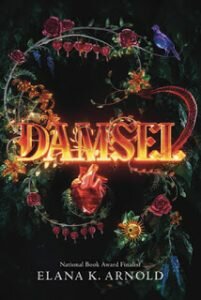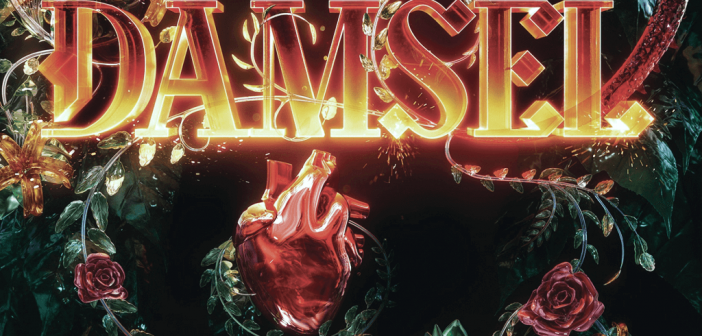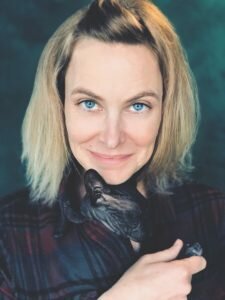A dragon. A damsel. A knight in shining armor.
Many of us have grown up with the story of a gallant man that comes to the aid of a distressed maiden, with many tales and fables and modern romances centered around this theme.
 Elana K. Arnold’s Damsel begins with the same story: To claim the throne, Prince Emory must venture into a far away land, slay a dragon, and rescue a damsel to be his bride, as all the kings before him have done. When Ama wakes up in Prince Emory’s arms, she has no memory of her life before and realizes her new life in the kingdom may be direr than what she’s already endured.
Elana K. Arnold’s Damsel begins with the same story: To claim the throne, Prince Emory must venture into a far away land, slay a dragon, and rescue a damsel to be his bride, as all the kings before him have done. When Ama wakes up in Prince Emory’s arms, she has no memory of her life before and realizes her new life in the kingdom may be direr than what she’s already endured.
“As a kid, I had an old copy of Grimm’s fables—the closer-to-original versions—that I found on my grandmother’s bookshelf. I loved those stories and consumed them over and over again,” said Arnold. “I think the origin story for ‘Sleeping Beauty,’ called, ‘The Sun, the Moon, and Talia,’ written by Giambattista Basile in 1634, served as something of a jumping-off point for Damsel… Also, I read Stephen King’s Eyes of the Dragon as a teen, and I’m certain his book influenced my story.”
If you haven’t figured it out yet, Damsel is not the happy-ending fairy tale.
“Working on a fairy tale meant that I got to tap into our shared cultural understanding of ur-characters—that is, most of us have an image in our head of ‘the damsel,’ ‘the queen mother,’ ‘the prince.’ So, readers meet me on the page with preconceptions and expectations. My job in Damsel was to explore these preconceptions and expectations and then, in turns, confirm and subvert them,” explained Arnold. “So, this is how I chose the characters.”
“The names—Well, Prince Emory’s name just came to me, and then I was delighted to learn that ‘Emory’ means ‘home strength, industrious leader,’ which is a perfect fit for him… Emory tries hard to follow the rules of his world, to live up to the expectations placed upon him, to walk in his father’s footsteps and to make his mother proud.
The damsel’s name, chosen by Emory, had to sound a certain way to me—soft, open, compliant. ‘Ama’ seemed perfect. I invented it, but then checked to see what it means. It means so many interesting things, in so many different languages—eagle, and sky, and water, to name a few, all meaningful and fitting in different ways.”
In the world of Harding, women are expected to be compliant. They’re expected to bend their will to men and men expect nothing less. It’s the way things have always been.
“I think one thing Damsel explores is how misogyny poisons all the waters. This means that women’s relationships to one another can be damaged just as surely as relationships between men and women, and relationships between men are damaged, too.”
While readers only get glimpses of some relationships, their presences are shattering and impactful.
“It is true that Damsel does not feature a cast of ‘strong female characters’ in the way one might expect, but I would argue that each of the women in Damsel is very strong, though perhaps not presenting in a way that might please readers looking for a preconceived idea of strength.”
The entire novel isn’t what one might expect, but that’s the point.
“I think this book grew from having lived a lifetime as a woman and as a reader. Thus, the primary research was reflecting on the lessons the world had taught me, the expectations I had conformed to, and the ways I had made myself smaller. So, a lot of introspection.
“I don’t write books to teach lessons. I write books to explore that which fascinates, horrifies, thrills, disgusts, and enrages me. I guess I hope the readers will be fascinated, horrified, thrilled, disgusted, and enraged, alongside me.”
Damsel is available now. For more on Elana K. Arnold and Damsel, visit Arnold’s website or .


